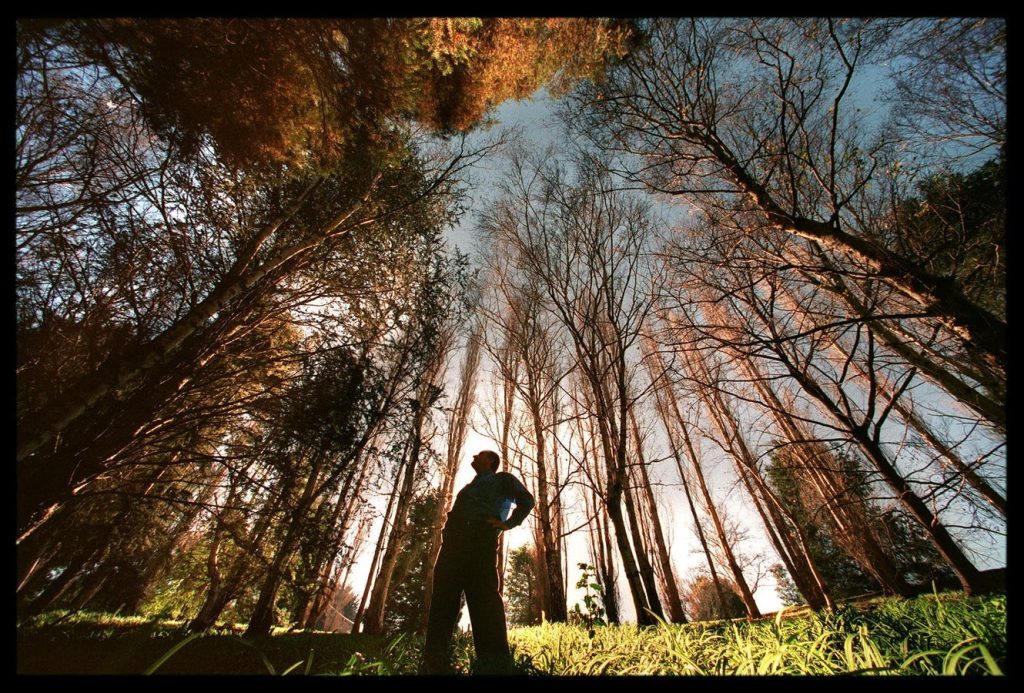A recent survey conducted by Harris Poll for the Arbor Day Foundation revealed that a majority of Americans believe that spending time around trees and green spaces is important for their mental well-being. The survey, part of a new study to examine Americans’ thoughts and interactions with trees and green spaces, found that 85% of respondents consider being in nature surrounded by trees as a “reset button for my mind and soul.” Additionally, 77% agreed that being among trees is their happy place. The survey also indicated that 89% of respondents view trees as a public health tool, and 88% believe that forests and communities need more trees.
Dan Lambe, the chief executive of the Arbor Day Foundation, highlighted the importance of trees in addressing issues such as the climate crisis, extreme heat, and rising childhood asthma rates. He emphasized that people understand the significance of trees and are aware that collaborative efforts from government, non-government, and private sector leaders are essential to make a difference in the situation. The survey also reflected Americans’ growing concerns about climate change, with nearly two-thirds of respondents acknowledging its impacts on their lives, such as walking to school on blazing sidewalks and extended summers into the fall. Trees are seen as a way to improve the quality of life in neighborhoods and communities.
The survey results also revealed that more than half of Americans must drive to parks or green spaces, indicating a need for increased access to trees and green areas in communities. Peter James, an associate professor at UC Davis Department of Public Health Sciences, discussed the benefits of nature on mental health, citing studies that demonstrate the positive effects of walking in nature, especially in the short term. Research from the Texas A&M University School of Public Health suggested that city dwellers with more exposure to urban green spaces require fewer mental health services. James mentioned the concept of biophilia, which refers to the innate human instinct to connect with nature, and how being outdoors can contribute to improved mental well-being. Studies have shown that living in greener environments is associated with lower mortality rates, decreased incidence of depression and anxiety, across various age groups.
The survey findings align with the growing body of research that supports the positive impact of trees and green spaces on mental health. As people become more aware of the benefits of connecting with nature, there is a greater emphasis on increasing access to trees in communities and neighborhoods. The Arbor Day Foundation’s focus on the importance of trees in addressing urgent environmental issues like climate change resonates with the survey participants, who see trees as essential tools for public health. The survey reflects a shift in public perception towards recognizing the value of trees beyond their aesthetic appeal, as essential components of a healthy and sustainable environment.
The consensus among Americans on the importance of trees and green spaces for mental well-being signals a broader recognition of the interconnectedness between nature, health, and the environment. The survey results underscore the need for collaborative efforts across sectors to prioritize tree planting and urban green space development as key initiatives for improving public health and well-being. As more people seek refuge in nature for relaxation and restoration, the role of trees in enhancing mental health and quality of life is increasingly valued. With a greater understanding of the benefits of trees, communities can work towards creating healthier and more sustainable environments that benefit both people and the planet.


